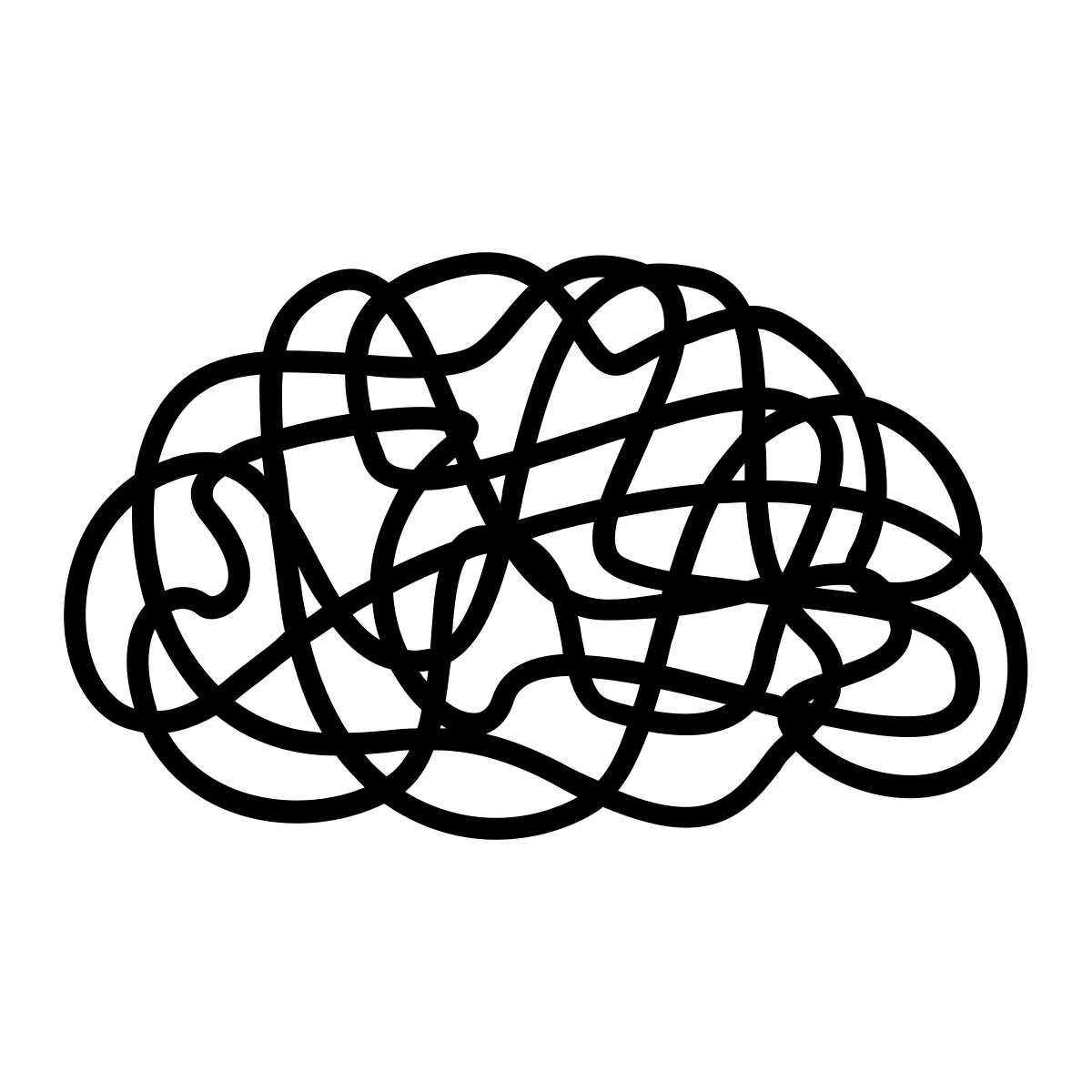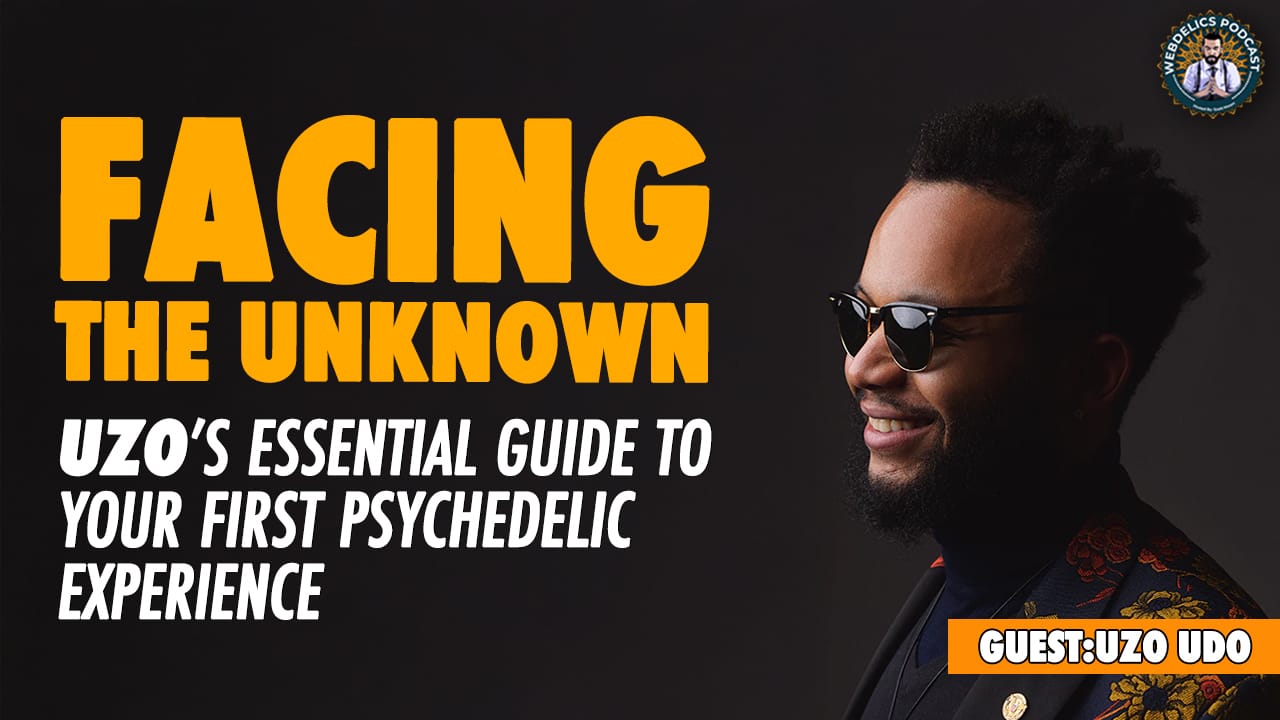
Explore the World of Plant Medicine and Psychedelics. A Weekly Digest of Exclusive Stories, Insights, and Research.


📜 Top Article
Is Microdosing Worth the Hype? A Look at the Fadiman Protocol
Microdosing psychedelics—especially LSD and psilocybin—has become a modern ritual for creatives, tech founders, and seekers alike.
Touted for boosting mood, creativity, and focus (without the trip), the practice has outgrown Reddit forums and Silicon Valley startups, moving into the mainstream wellness and mental health conversation…
But does it really work?
One of the most widely followed frameworks is the Fadiman Microdosing Protocol, developed by Dr. James Fadiman, a pioneering psychologist in psychedelic research.
This week's issue breaks down how it works, what the science says, and whether the reported “afterglow” is more than just placebo.
🌱 What Is the Fadiman Protocol?
Here’s the structure:
Day 1: Microdose
Day 2: No dose (integration)
Day 3: No dose (reset)
Repeat for 4–8 weeks
Then pause for 4 weeks
Doses are typically 5–10% of a full psychedelic dose—that’s around 10–20 micrograms of LSD or 0.1–0.3 grams (100-300 mg) of dried psilocybin mushrooms.
The goal?
To tap into the potential benefits of psychedelics without perceptual changes or cognitive disruption.
Fadiman calls the lingering positive effects of microdosing “the afterglow”—described as a subtle mental clarity or emotional uplift that remains even after the substance has left the body.
🧪 What the Science Actually Says
Anecdotally, people report everything from:
Enhanced problem-solving…
Greater emotional resilience…
Improved mood and focus…
Decreased mind-wandering and rumination…
But what does the peer-reviewed research say?
A 2019 study found microdosers performed better on tests of creative thinking.
A 2020 paper proposed that microdosing improves cognitive flexibility, which could help with depression or obsessive thoughts.
A placebo-controlled study at Imperial College London found that benefits often matched what participants expected to feel—regardless of what they actually took.
A 2022 review of 44 studies noted changes in pain perception, time awareness, and even addiction recovery potential—but called for much more research to validate findings.
A recent LSD trial with 80 participants found short-term mood boosts, but no lasting effects after the study ended.
In other words: Microdosing shows promise—but whether it works beyond the power of belief remains an open question…
💡 Should You Try It?
*Caution: If you’re exploring psilocybin or LSD for mental health or spiritual reasons, it’s best to seek out a legal and structured program or clinical trial. These are increasingly available in regions where psychedelic-assisted therapy is permitted.
We’re not here to prescribe… But here’s what we are saying:
The Fadiman Protocol offers a structured, low-risk framework if you're exploring microdosing.
It emphasizes rest days, reflection, and short-term experimentation, rather than long-term dependency and consistent usage of plant medicines.
While the science is still catching up, early evidence suggests microdosing may help boost mental clarity, creativity, and mood—especially when paired with intention.
And perhaps that’s the biggest takeaway: Set, setting, and mindset still matter, even with microdoses…
🎯 Enjoy The Journey, Not Just The Destination
The exploration of consciousness is a never-ending journey full of pitfalls, peaks, valleys, and everything in-between…
But never forget that the journey is usually far more enjoyable than the destination.
“You have been fine‑tuned over millions of years to desire to be in harmony with the natural world, to be curious about your own mind, and to recognize the essential unity of which you are a part. Whether or not you ever choose to use psychedelic experiences as part of your self‑discovery, your decision should be an informed one.”
As always, the most important research is your own.
Start small. Stay curious.
And remember—whether it’s plant medicine or mindset shifts—subtle changes can still create big transformations…

🎉 Top Weekly Blog!
Our Top Psychedelic and Plant Medicine Blog from Webdelics
The Webdelics website has over 160+ evidence-based, research-backed blogs that were intentionally written to give you the facts, not just our opinions.
📚 Here is this week’s top blog on our site, rated by our readers:
⚡ This article dives into the powerful potential of ibogaine, a West African psychedelic, in supporting recovery from traumatic brain injury (TBI).
From its neuroplasticity properties to its use in addiction treatment, ibogaine is pushing the boundaries of what healing could look like in the brain injury world…
🧠 Whether you’re curious about alternative treatments for TBI or exploring the frontiers of psychedelic medicine, this one’s a must-read!

💬 We will leave you with this…
The poet Rainer Maria Rilke once wrote, “The only journey is the one within.”
🌿 Psychedelics aren’t just substances—they’re invitations… Invitations to listen more deeply, feel more fully, and face ourselves with honesty and grace.
They call us to prepare—not just our setting, but our spirit.
To meet fear with curiosity…
To welcome discomfort as a teacher…
To trust that even in the unknown, there is wisdom unfolding…
✨ Real transformation doesn’t come from avoiding the dark—it comes from walking through it with your eyes open and your heart intact.
So wherever you are—on the edge of your first journey or years into the work—remember:
🌌 The path is already inside you. Let it guide you home.
Until next time…
🧠 The Guide - by Webdelics
Disclaimer: Webdelics does not support or promote any illegal activities, including the use of substances that may be mentioned in this newsletter. We encourage all readers to familiarize themselves with and adhere to the laws in their region. Please note that Webdelics does not offer mental health, medical, or clinical services and should not be used as a replacement for professional medical, psychological, or psychiatric care, diagnosis, or treatment.



